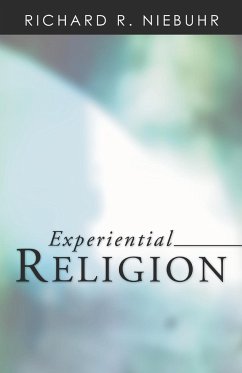
Dietrich Bonhoeffer

PAYBACK Punkte
12 °P sammeln!
Dietrich Bonhoeffer (1906-1945) remains the most seminal theologian of those whose work was forged and tested in the worst years of the twentieth century. A German who loved his country and culture, and who mourned its crimes and actively resisted them, his ethic was wholly contextual, attuned to what he must do in his own land as a disciple of Jesus Christ. He might have been surprised to find that a half-century and more later his work has been widely appropriated by others in different circumstances for their exercise of Christian responsibility. This volume of essays is one example of Bonh...
Dietrich Bonhoeffer (1906-1945) remains the most seminal theologian of those whose work was forged and tested in the worst years of the twentieth century. A German who loved his country and culture, and who mourned its crimes and actively resisted them, his ethic was wholly contextual, attuned to what he must do in his own land as a disciple of Jesus Christ. He might have been surprised to find that a half-century and more later his work has been widely appropriated by others in different circumstances for their exercise of Christian responsibility. This volume of essays is one example of Bonhoeffer's ongoing relevance. Rasmussen engages Luther, Barth, Niebuhr, Hauerwas, Yoder, and Berrigan as a way to illuminate aspects of Bonhoeffer's ethics. He also compares the post-holocaust theology of Rabbi Greenberg with Bonhoeffer's own treatment of divine presence and human responsibility in a world that has ""come of age."" One essay, ""The Meaning of the Theology of the Cross for Social Ethics in the World Today,"" pulls the main themes of the book together. This 2016 edition also includes a new chapter, which relates Bonhoeffer's ethics to the current environmental crisis.














